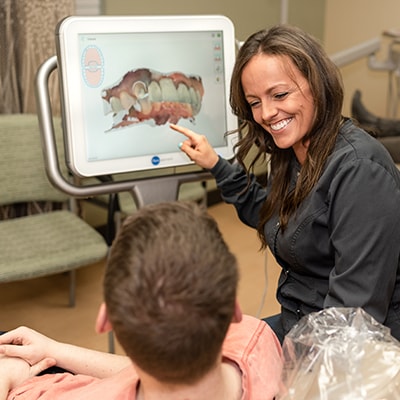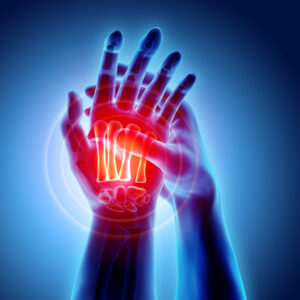Annual X-ray imaging (radiographs) can be a hard subject to talk about in the dental office, with many people not understanding the importance of updating radiographs. For some, the need for X-rays is every 18-24 months, but this is not the standard. The need for radiographs is in part, based on your risk for developing decay, habits, previous history of decay, and many other factors. As dental providers

We tailor the need for radiographs to each patient. Although, the majority of individuals are at moderate-high risk for developing decay, which is why in most cases yearly radiographs are recommended.
Radiographs provide the dentist with unparalleled diagnostics, that a simple visual oral exam cannot. Visual exams only allow diagnoses on curtain surfaces or when decay has already increased in size. As clinicians, we want to catch decay in its earliest stages. By performing treatment as soon as possible we can prevent the loss of tooth structure, inevitably weakening the tooth. This also helps avoid costly treatments. Most people would rather have a simple filling to treat early decay than a root canal and crown (or losing the tooth) because the decay has progressed. Depending on your personal risk factors for decay, cavities can sometimes progress very rapidly, sometimes changing drastically within 12 months.

Radiographs provide us with greater knowledge of overall dental health. Allowing us to see all three layers of the tooth structure (enamel, dentin, and pulp chamber) and between the teeth. This helps our Doctors to determine how advanced a cavity has become. When a cavity is still in the enamel layer, it will progress more slowly. When it surpasses the enamel and reaches the dentin layer of the tooth, it will progress more quickly. The accelerated advancement at this stage is due to the softer structure of the dentin. Even if a cavity does not infect the pulp chamber (the inner portion of the tooth containing nerves and blood vessels), a cavity in close proximity, is sometimes enough irritation for the nerve of the tooth to become inflamed, causing irreversible pulpitis, typically resulting in a root canal.
We never want to expose anyone to unnecessary radiation. Here at Dental Care of Vashon, we exclusively use digital X-rays, drastically decreasing radiation exposure. We also provide lead aprons for all imaging. If you have particular concerns relating to radiographs, please don’t hesitate to discuss them with your hygienist. Allowing your dental provider to perform the radiographs they deem appropriate can save you time, money, and pain by finding cavities while they are less advanced. We will discuss your individual risk factors and our recommendations for radiographs. You are ultimately in the driver’s seat and have every right to determine what treatment you do or don’t receive and we are willing to discuss this further at any of your visits.

